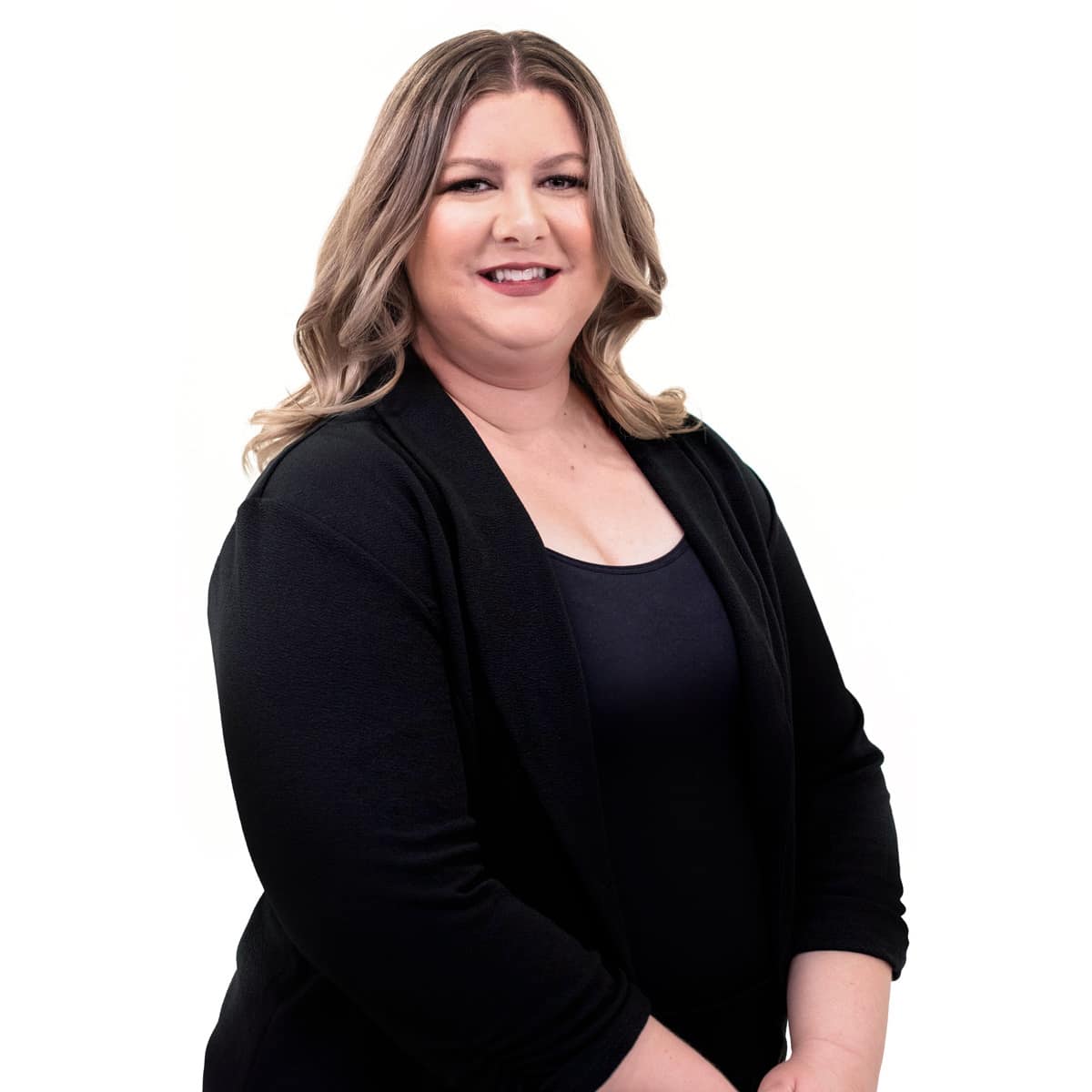
START YOUR FREE CONSULTATION
NO FEES UNLESS WE WIN!
After sustaining injuries in an accident, your number one focus should be making a full recovery. A crucial component of recovery will be your doctor visits. Not only are doctor’s appointments a time for you to learn about your injuries, but they’re also critical to documenting your losses. You can’t demand fair compensation for your injuries until you know what they are.
Part of making sure you get the most out of your doctor visits entails asking the right questions. Understanding what questions you should ask your doctor will ensure you get all of the information you need to recover physically and successfully bring a claim. When you seek medical care after a personal injury, here are ten essential questions to ask your doctor.
Call (702) 382-0000 for a free consultation
1. What Are My Injuries?
Your doctor may not take the time to tell you about all of your injuries in detail unless you ask. Asking the question is an excellent way for you to hear the doctor list all of your injuries.
They might go into further detail than they would have if you hadn’t asked the question. Don’t be afraid to ask follow up questions and take detailed notes.
2. Will These Injuries Lead to Problems in the Future?
In Nevada, you have a right to compensation for your actual medical bills. However, if you have severe injuries, there’s a good chance that you’re not going to know all of your medical bills by the time your case goes to trial.
You can still get compensation for future medical bills, but you must be able to tell the jury what you expect those costs to be. It’s not enough to just give your opinion, either. They need to hear it from a medical professional.
3. How Long Will I Be in Pain?
When you’re hurt in a personal injury, your suffering is genuine. Physical injuries hurt. You have a right to compensation for your pain.
When your attorney and the jury begin putting pen to paper to place a dollar value on your pain and suffering, they’re going to want to know how much pain you’re in and how long your pain is going to last. Your doctor can give you an idea of what to expect.
4. Can I Return to Work?
Lost wages are another area where you can recover after a personal injury. If you’re unable to work because of your injuries, the person responsible for causing you harm should make you whole for your lost wages.
However, the other side may try to dispute that you’re unable to return to work. A doctor’s opinion that you can’t work can be significant evidence in your favor. You may also want to ask for an estimate of how long your doctor believes you will be out of work.
Related: Understanding Lost Wages in an Injury Case
5. Can I Have Copies of My Medical Records?
Your attorney can help you build your case by reviewing your medical records. If there are gaps or they have additional questions, they can identify these questions and follow up on them.
Chances are, the other side is going to want a copy of your medical records too. Getting a copy of your files puts you one step ahead so you and your attorney can get to work building your case.
6. How Did I Sustain These Injuries?
In an injury claim, you must prove that the other side’s actions caused your injuries. The legal term for this is called proximate causation. The other side might try to claim that your injuries are because of pre-existing conditions. The way you refute that is presenting a medical expert who can testify to the cause of your injuries.
Related: How Pre-Existing Conditions Affect Your Injury Claim
7. What Is My Treatment Plan?
The jury wants to hear that you’re doing your part for your own recovery to award full compensation. That means knowing your treatment plan and following it.
The jury isn’t going to be inclined to compensate you for future medical bills unless they think you’re serious about following through on your treatment plan. Of course, before you can follow your treatment plan, you have to know what it is. Don’t be afraid to ask your doctor to spell it out for you.
8. Will I Need Physical Therapy?
Your medical damages can also include physical therapy. Rehabilitative therapy is often something that’s ongoing after a personal injury. You need to know what’s in store for you as you recover and as you build your case.

In some cases, you may not realize that you will need physical therapy until well after you have settled your claim. Asking this question early on can help ensure you have the compensation you need for future physical therapy.
9. What Are the Possible Outcomes?
Your prognosis may not be black and white. There might be a range of possible problems, complications, and outcomes in your future. It’s important to ask your doctor to clarify whether your prognosis is clear or uncertain.
This question can allow you and your attorney to gauge the extent of what will happen later down the road. Understanding the possible outcomes in your situation can allow you to build your case more comprehensively.
10. Is There Anything Else I Should Do?
If your doctor isn’t sure about any part of your prognosis, you may need to see a specialist. Your primary care doctor may be only one of the medical professionals you need to testify on your behalf on court day.
Asking your doctor if you need a more specific diagnosis or treatment from a specialist can help you get complete information about your injuries. Additionally, a specialist can corroborate the assertions of your primary doctor for stronger evidentiary proof to back up what you are requesting.
It’s Important to Visit a Doctor After a Personal Injury
The jury is going to look at the evidence to decide on an amount for your recovery. The more concrete evidence you have of what your injuries are, the better your recovery is going to be.
In addition to helping the jury reach the right result at trial, gathering detailed evidence of your injuries is a great way to help the other side realize that it’s in their best interests to settle with you without even going to trial. Making sure that your injuries are well documented by a medical professional can go long ways to paint the big picture for the jury.
How an Attorney Can Help
Your Adam S. Kutner, Injury Attorneys personal injury attorney can help you ask your doctor the right questions. Based on their experience, they might be aware of some critical questions that you may not think to ask. They can also present the evidence in a way that the jury can understand.
Your attorney can also make sure that the evidence you have is admissible in court under Nevada’s evidence rules. At each stage in the case, they can help you gather and use evidence of your injuries to work towards a fair result for you.
Call (702) 382-0000 for a free consultation
Adam S. Kutner is a top 100 trial lawyer with 33 years’ experience and expertise that will benefit you
Call us at (702) 382-0000 anytime to schedule a free consultation. We will work to get you the maximum settlement as quickly as possible so you can move forward on your healing journey.
START YOUR FREE CONSULTATION
NO FEES UNLESS WE WIN!
Home visits are available
Call now for details
SE HABLA ESPAÑOL

Adam S. Kutner
PERSONAL INJURY LAWYER
With more than 33 years of experience fighting for victims of personal injury in the Las Vegas Valley, attorney Adam S. Kutner knows his way around the Nevada court system and how to get clients their settlement promptly and trouble-free.














